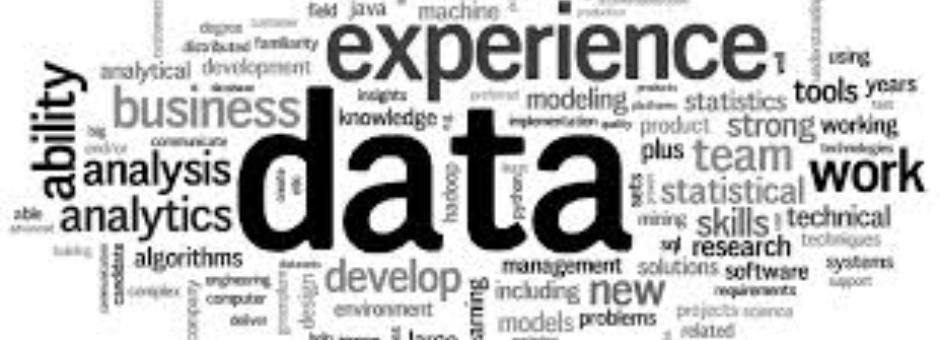Data. BIG DATA. We live in an age of ever increasing data. What can be done with it is fascinating, powerful, and sometimes scary. We use Google to predict flu trends, Twitter to track moods and stocks, and 23andMe to reveal the genetic secrets hidden in our DNA.
At coffee one morning, coWORKer Chris tells us of his own 23andMe report. Being a data guy, health nut, and entrepreneur in the fitness information realm, it made sense to test out this new service. With just $99 and a saliva sample they’ll report back on over 240 health conditions and traits, your lineage, as well as updates on your DNA as science advances. Wow!
This raises some big questions about how much you really want to know. According to Chris, there are sections that you must ‘unlock’ after reading a disclaimer. Luckily, he’s all good. He did discover a few interesting details like the fact that his slow-twitch muscles are genetically stronger than his fast-twitch muscles (which validates his ability to do endurance exercises over sprints).
But what about the potential bad news? Angelina Jolie opted for the preemptive strike with the double mastectomy. What would you do? Which brings us to Jeffrey’s well stated point that there is data, knowledge, and procedural knowledge. Data alone is not very useful. Add some knowledge about that data and it can give you something to worry about. But add to that some procedural knowledge and you’re suddenly empowered with potential action. That was the power Angelina decided to seize.
I’ve personally been debating this whole DNA testing option. It comes down to: Am I the type of person that will be so freaked out by any disturbing knowledge that the stress will do more harm than good or am I the type of person that can search out the appropriate procedural knowledge and act? Here’s my thought: Given that there are things I can do to increase my longevity and sticking my head in the sand probably won’t help, I’m apt to take the data and hope there is procedural knowledge out there to address any hidden dangers. Death, after all, is the only thing in this life I can’t recover from, so I’ll take any help I can get postponing the inevitable.
Update 1: I just got a nice note from someone reading this blog and they pointed out that NPR spoke about this very issue this morning. Particularly troubling is the notion that people may not understand the ‘data’ and make wrong assumptions without consulting a doctor. The government may need to have some oversight to warn people or help them turn that data into valid and useful knowledge. It is definitely a work in progress but I’m certain this will become more and more common and beneficial.
Update 2: Another comment: “I saw your post from work and just read and posted something relevant about transgenerational epigenetics. its the study of how chemicals your grandparents and great great great grandparents were exposed to may impact your DNA. Some of the impacts don’t change the DNA sequence but change how the methyl groups attach to the DNA sequence and interact with the rest of your system.. Fascinating and scary. I guess the importance of it relative to getting tested is that while your DNA may say a lot about what you may be at a greater risk for, it isn’t to say that you won’t be at risk for things that don’t show up in the DNA sequencing or even that maybe some of the changes may reduce risks that appear in the DNA sequence.”
Update 3: Funny how we seem to choose such timely topics for our discussions. One of the conversation participants just left a newspaper clipping at WORK: the FDA has ordered 23andMe to halt the sale of DNA tests saying the company has failed to show that the technology is supported by science. And so the debate continues….


